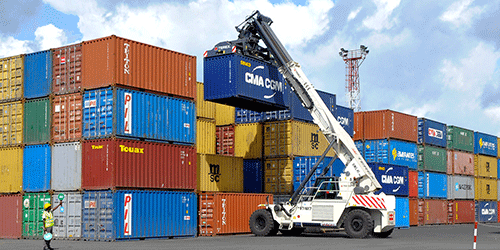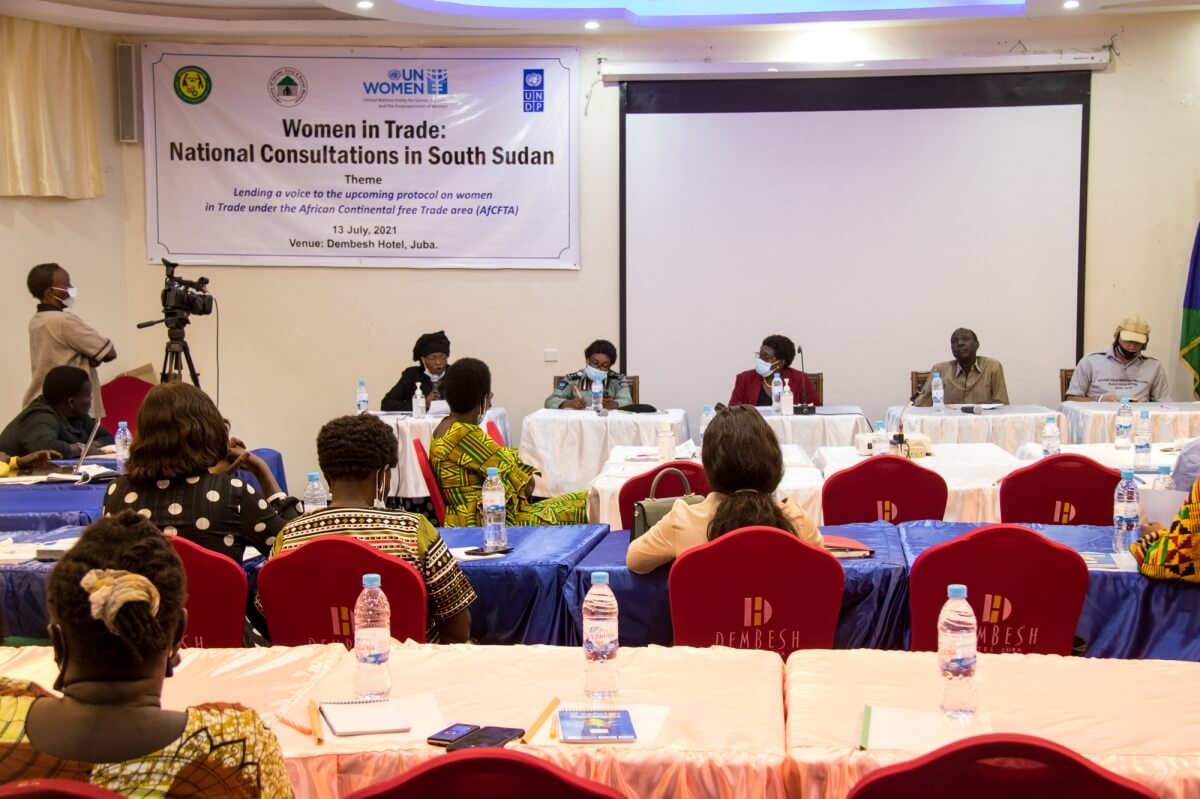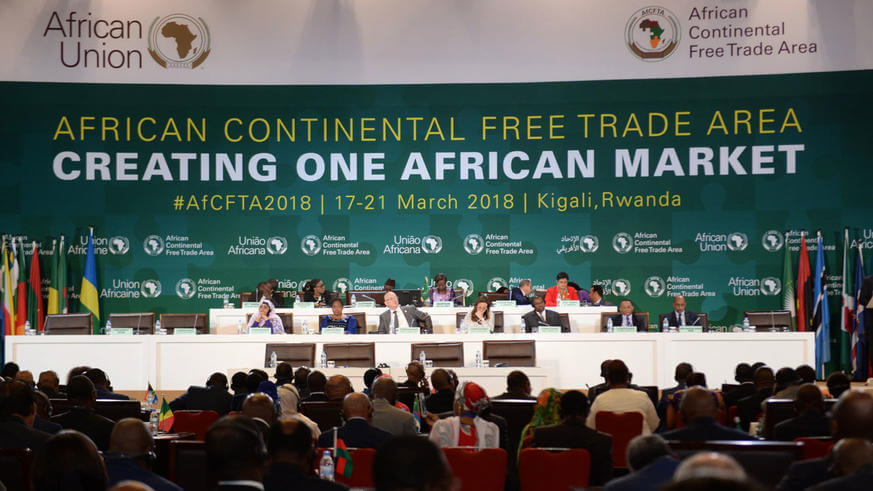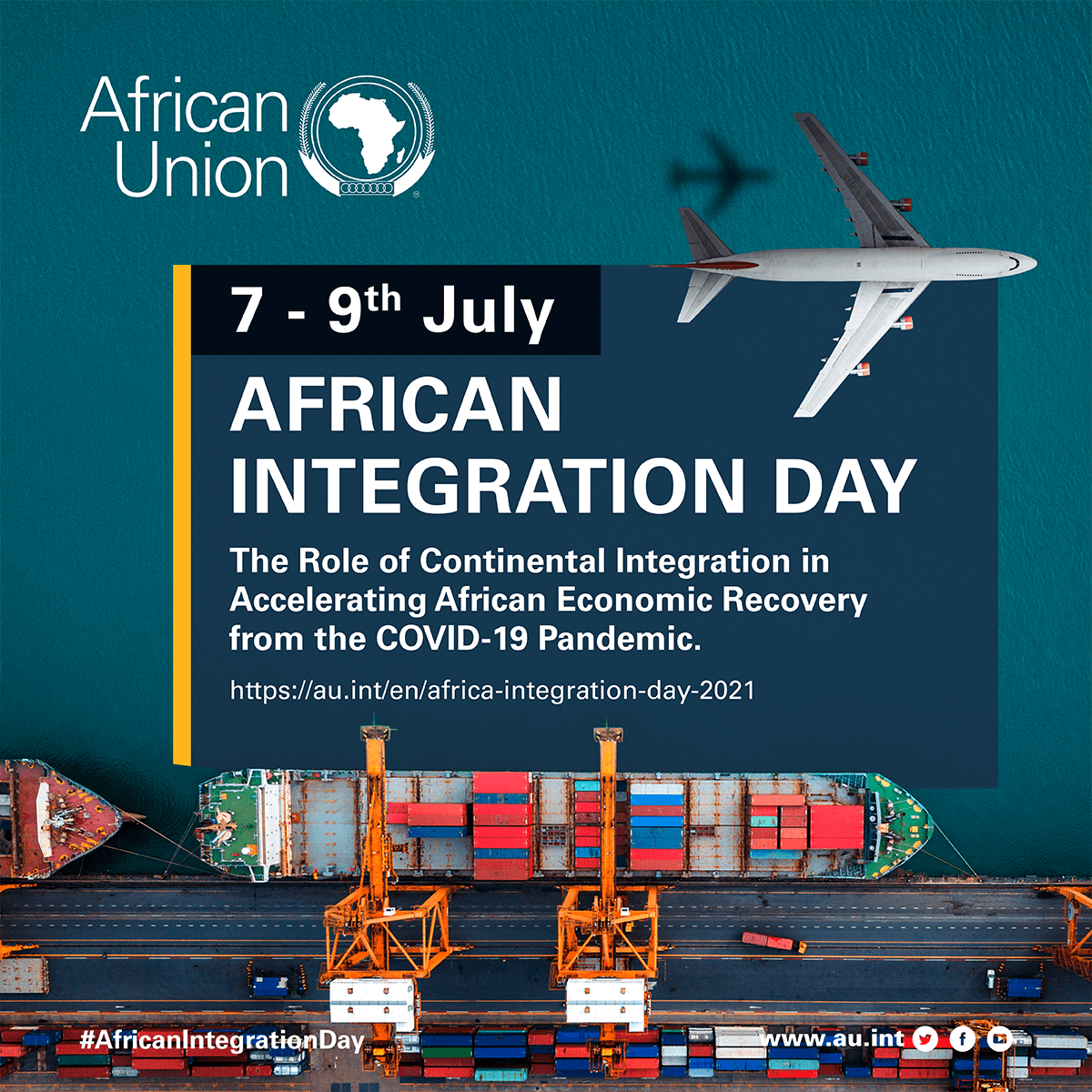The African Free Trade Agreement (AfCFTA) has, in recent years, been a standing item at the Annual Conference of the Trade Law Centre (Tralac) based in South Africa. This year, it is again the case as the annual conference is, for the second year, a virtual event due to the global pandemic. In a statement, Tralac, a public benefit organisation established in 2002 to develop technical expertise and capacity in trade governance across Africa, notes that for trade in goods to take place under this free trade area, negotiated tariff concessions and preferential rules of origin are required. “While notable progress has been made in the rules of origin negotiations, we are not there yet. But, once all offers of tariff concessions, that meet the agreed modalities, have been made, the negotiations process will start in earnest. An ‘interim arrangement’ to permit trade under the schedules of tariff offers, made by end of June 2021, may be agreed, but negotiated outcomes are essential for the AfCFTA,” reads the statement. Tralac, which was set up with the financial support of the Swiss State Secretariat for Economic Affairs (SECO), further notes that trade in services negotiations are also still underway, with a focus on commitments in the priority services sectors (financial, transport, communication, tourism and business services). “Healthcare services will be included along with other services later. Work on frameworks for regulatory cooperation is also progressing. Negotiations on investment and intellectual property rights have begun. Competition policy (also on the Phase 2...
African free trade in focus at annual conference
Posted on: July 21, 2021
Posted on: July 21, 2021
























